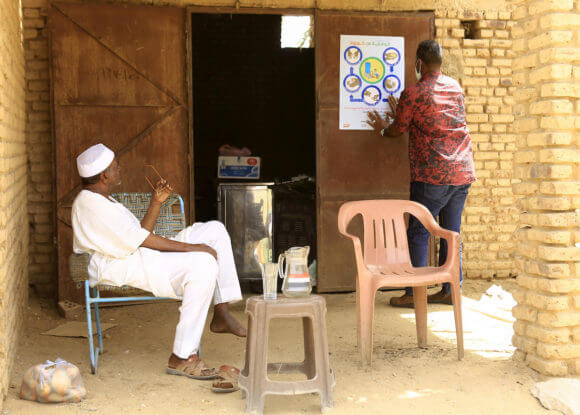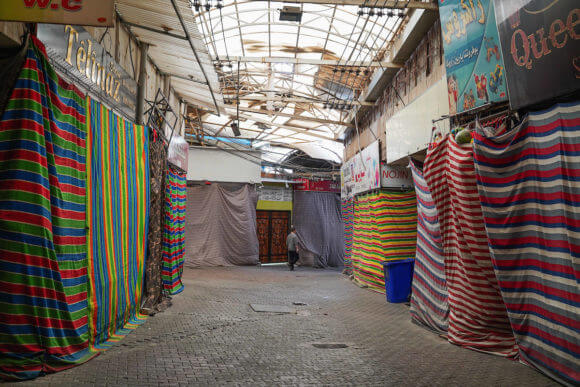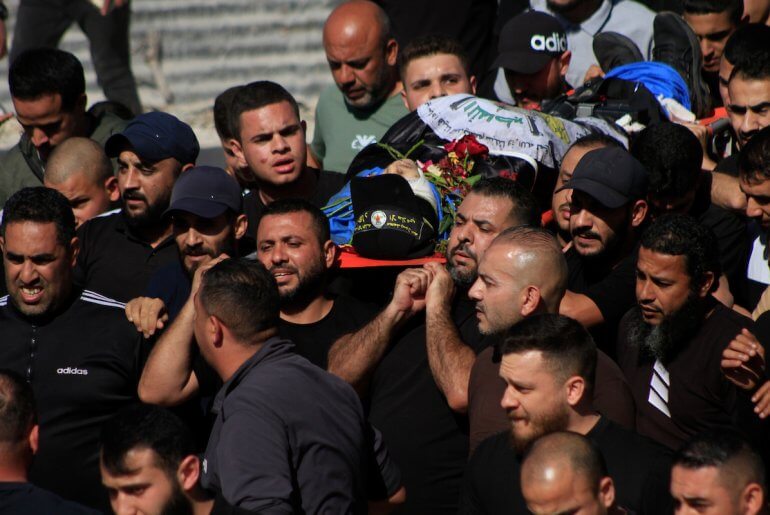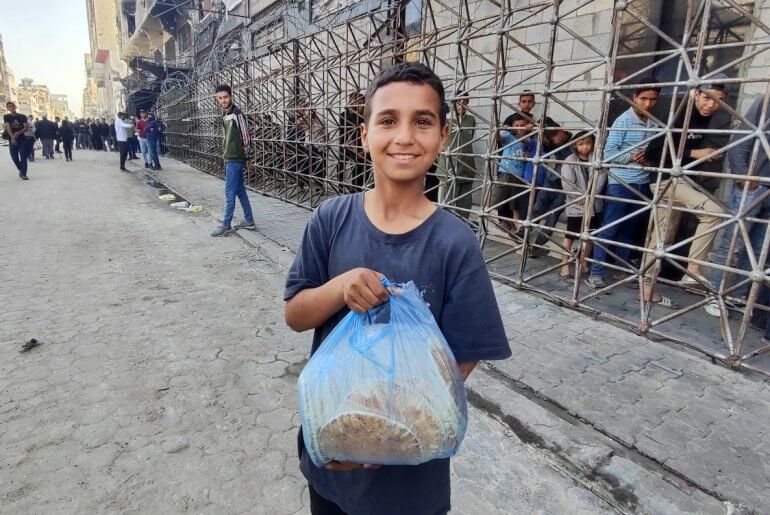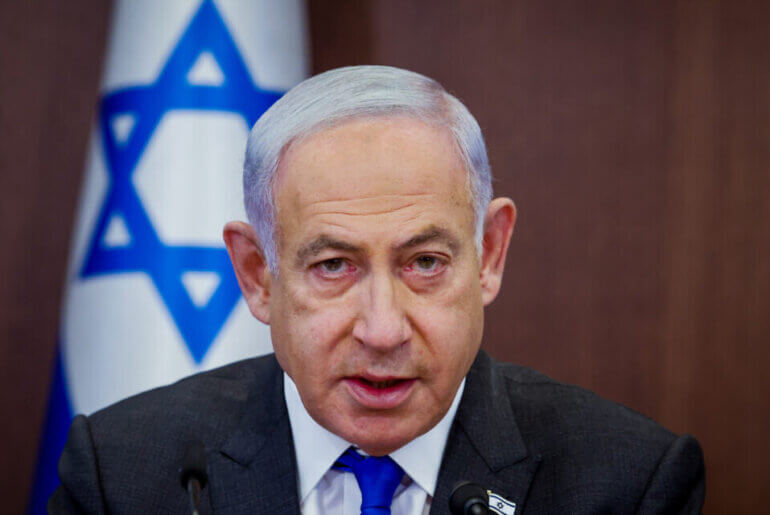Many cash-strapped healthcare systems across the Middle East are struggling to provide testing and care for COVID-19 patients, while countries with the lowest rates of infection began lifting lockdown restrictions this week. According to the World Health Organization there is a total of 175,883 confirmed cases and 7,273 known deaths in the 22 countries that make up the eastern Mediterranean region, or the Middle East and North Africa.
The region as a whole has not flattened the curve, with over 5,000 new cases each day in the last week.
The highest mortality rates are recorded in Egypt, Sudan and Syria, which are all over 7 percent, yet it is not clear how widespread the virus is after nearly two months of lockdown. Researchers seriously question the veracity of infection data in Egypt.
In Syria where 2 million live on humanitarian assistance, testing is slim and many doubt the accuracy of the official count. There are 43 confirmed cases across the entire country, of which only one comes from the Kurdish-led Autonomous Administration. Human Rights Watch has said the Assad government is blocking the transfer of medical supplies and personnel to the region.

“Two million people are stuck in northeast Syria without the tools to tackle outbreaks of COVID-19,” said Gerry Simpson, associate crisis and conflict director at Human Rights Watch said in a statement Tuesday. “As the number of infections rise, global and regional leaders should urgently act to allow lifesaving medical supplies and staff to reach those in desperate need of support.”
Most of Syria’s COVID-19 come from Damascus and surrounding suburbs.

In Lebanon, measures closing businesses began lifting this week. The easing of restrictions coincided with a return of anti-corruption protests across the country. One protester was killed from injuries sustained during clashes in Tripoli on Monday.
In Lebanon there are 717 confirmed cases of COVID-19 with 24 deaths. Reflecting deep economic divides across the country, public hospitals are struggling to keep pace with patient loads while private facilities are stocked.
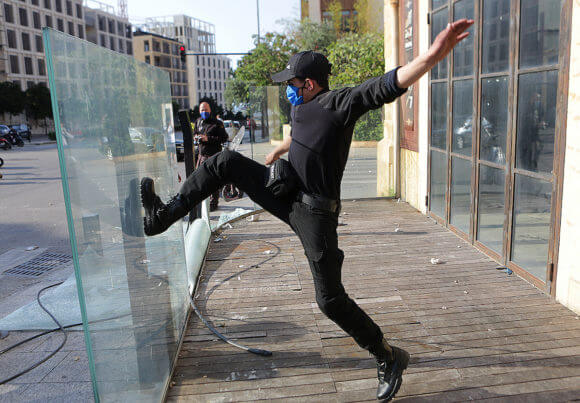
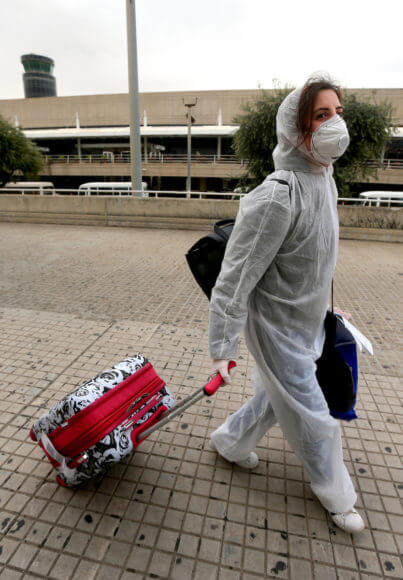
France 24 reports major discrepancies in stockpiles of medical equipment and testing kits between public and private hospitals in Lebanon, reflecting deep economic divides across the country.
With the Lebanese government overwhelmed, political parties are filling in the gap, among them most vividly Hizbollah organized teams of medical workers and manned medical checkpoints.

Here are some more images from around the region:
